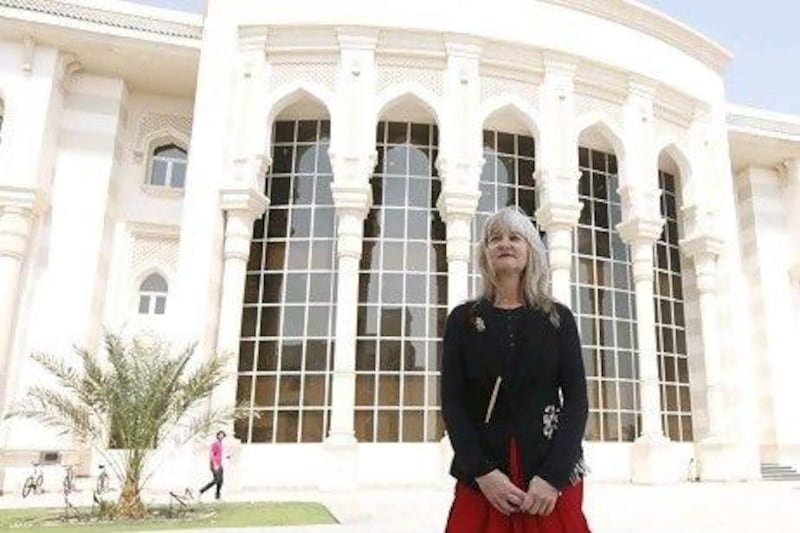Pleasure in the job puts perfection in the work. So said the Greek philosopher Aristotle.
And centuries later, the saying still rings true, because happiness has been found to be a key attribute of successful people.
"Research investigating the roots of high-performing individuals in organisations has consistently identified happiness as one of the top contributors," says Paul Vella, an organisational psychologist with Innovative Human Resource Solutions in Dubai.
"[And it has] consistently found a strong relationship between a happy workplace and higher levels of productivity," he adds.
Being dissatisfied at work can ruin employees' down time, according to a study published in the Journal of Organizational Behavior.
"This makes sense, as we know that our job affects the way we feel about ourselves and gives us a sense of our identity," says Mr Vella. "Therefore, it is perhaps not surprising that if our self-esteem at work is under threat, it will have the potential to have an impact in other parts of our life - for example how we feel and behave around family and friends."
So how do you keep your staff happy? Some companies have gone as far as to introduce initiatives such as quiet rooms so employees can have afternoon naps.
"Google has perhaps been the highest-profile organisation to follow this approach, installing games and rest rooms and generally taking an employee-centric approach to support their organisational strategy," says Mr Vella.
However, relationships among colleagues are also important.
Sixty-seven per cent of UAE workers surveyed by Regus, a provider of serviced office space, said that respect for colleagues was the most important factor in creating a happy workplace.
Encouraging knowledge and skills sharing among staff was second at 48 per cent, followed by acknowledging the work of others at 38 per cent.
Offering to help overburdened associates came in fourth at 32 per cent. "A happy workplace comes from employees who collaborate with their colleagues, and together they deliver a good service to customers. The result is a more prosperous company," says Linzi Kemp, an assistant professor of management at the American University of Sharjah.
Respect for colleagues comes from working closely with others.
"A professional relationship is one where we can rely on others and in turn they can rely on us. It takes time to build that trust, but it is worth such an investment to create a workplace environment where people want to contribute," she says. Research into worker satisfaction has consistently found that the relationship between employee and boss is a crucial factor.
"We need to feel valued and well regarded by our boss as it makes us feel more secure and respected, in addition to being on good terms with our colleagues," says Mr Vella.
"Not getting along with our boss has … been found to be the number one reason why we quit our jobs. Consequently, organisations who want to hold on to their top performers recognise that they need to develop their leaders' skills to avoid losing top talent to their competitors," he says.
Line managers have an important role to play in keeping their staff happy. "Consequently, it is vital organisations invest in the development of their leaders, as their performance sends ripples right across the organisation," says Mr Vella.
"In addition, organisations need to pay attention to the intrinsic motivational factors to get the best out of their people."
Celebrating successes, while avoiding focusing on the negatives, can also help create a happier workplace, says Prof Kemp.
"Things go wrong, accept that and move to solving problems," she says. "[And] a sense of humour helps everyone."






